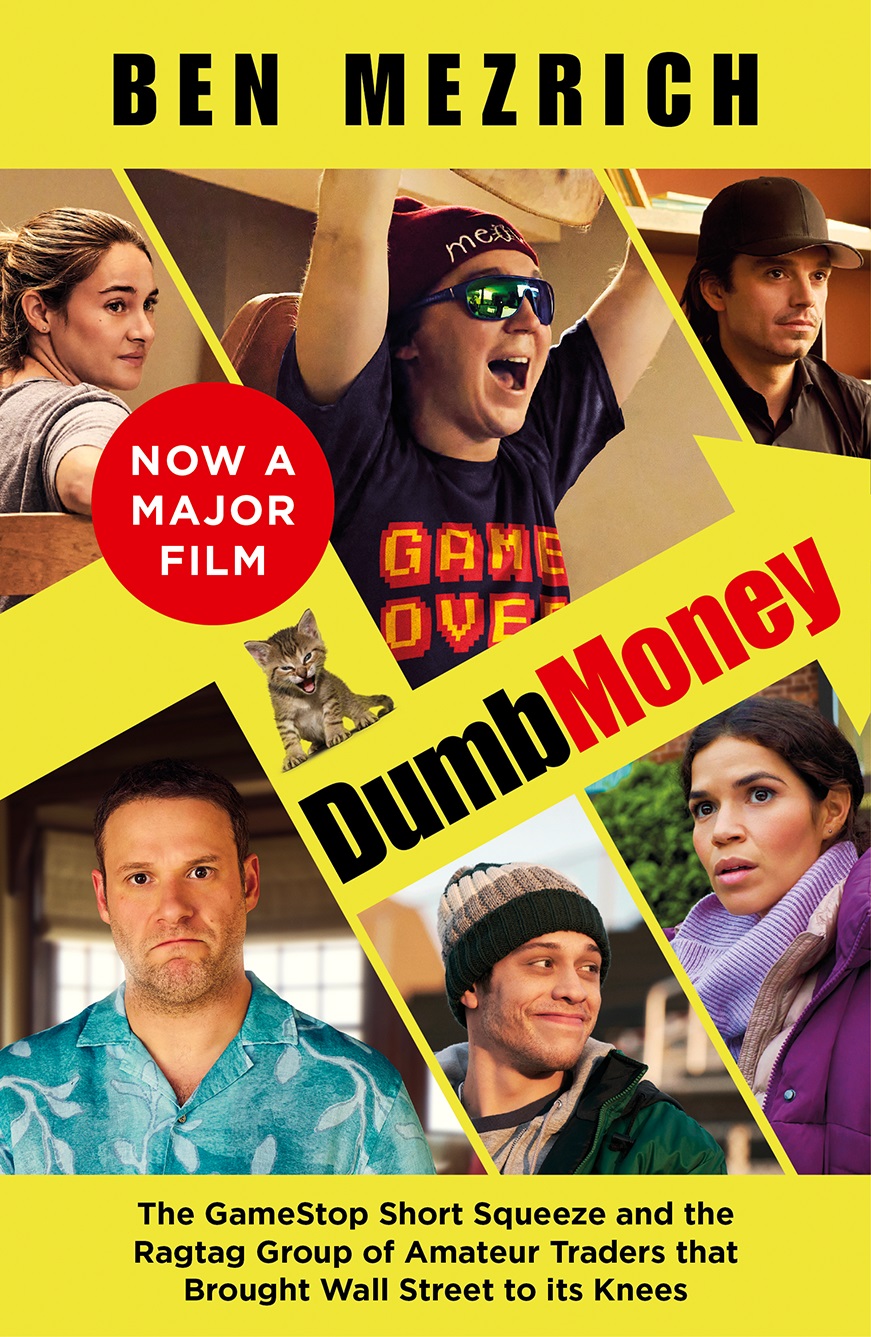
Dumb Money: GameStop VS Wall Street
Ben Mezrich
About the Author

Ben Mezrich
Questions & Answers
The rise of online communities like WallStreetBets and the influence of social media platforms like Reddit and Twitter played a pivotal role in the GameStop short squeeze by fostering a collective movement of retail investors. These platforms allowed retail traders to share information, strategies, and emotions, creating a powerful community that could influence stock prices. The anonymity and ease of communication on these platforms facilitated rapid coordination and action, enabling retail investors to collectively target and challenge hedge funds with large short positions in GameStop. This collective action led to a short squeeze, where the stock price soared as short sellers were forced to buy back shares to cover their positions. The influence of social media also amplified the narrative, attracting mainstream attention and support from high-profile figures, further boosting the movement's impact on the financial establishment.
The conflict between retail investors and institutional investors in the GameStop short squeeze exemplifies a power struggle in the financial system. Retail investors, supported by platforms like Robinhood, leveraged social media to rally behind a stock, driving its price up against short positions held by institutional investors like hedge funds. This demonstrated the power of retail investors, who traditionally have less capital, to influence markets. The squeeze highlighted the vulnerability of institutional investors to retail activism and the potential for social media to mobilize investors. Broader implications include the need for regulatory oversight to prevent market manipulation and ensure fair trading practices, while also acknowledging the democratizing potential of accessible trading platforms. The event underscores the evolving dynamics of the financial system, where retail investors are gaining more influence.
The gamification of stock trading, as exemplified by platforms like Robinhood, significantly influences retail investors' behavior and contributes to market volatility. These platforms simplify trading, making it more accessible and engaging, akin to a game. This ease of access encourages impulsive and speculative trading, as users can easily buy and sell stocks without fully understanding the risks. The low barrier to entry also attracts a larger number of retail investors, increasing the demand for certain stocks, like GameStop, leading to rapid price swings.
Moreover, the social aspect of platforms like WallStreetBets fosters a sense of community and collective action, where retail traders coordinate to influence stock prices. This behavior, combined with the ease of information sharing and the psychological appeal of "joining the winning team," can lead to rapid and extreme price movements, as seen in the GameStop short squeeze. The gamification of trading, therefore, amplifies the unpredictability of the markets by encouraging speculative trading and collective action among retail investors.
Short selling involves betting that a stock will decline, which can lead to ethical and moral considerations. Critics argue that it can incentivize traders to focus on short-term gains and can harm companies by driving down their share prices. The GameStop short squeeze exemplifies these concerns. It demonstrated how a large short position, driven by a belief in a company's decline, can lead to extreme price volatility. This volatility, in turn, can harm both short sellers and long investors, potentially leading to significant financial losses. The squeeze also highlighted the power of social media in mobilizing retail investors to push back against short positions, raising questions about fairness and market manipulation. The event underscores the need for regulatory oversight to ensure that short selling does not undermine market stability and fairness.
The GameStop short squeeze marked a pivotal moment in the financial system, challenging traditional power structures in several ways. It demonstrated the power of retail investors, particularly those on platforms like WallStreetBets, to influence market movements. This collective action, driven by social media, showed that the traditional "smart money" on Wall Street was not invincible. The squeeze also highlighted the vulnerabilities of the short-selling mechanism, as well as the potential for market manipulation by large institutions. This event led to increased scrutiny of market regulations, particularly regarding short-selling and the role of social media in financial markets. It could potentially lead to significant changes in how markets are regulated and operated, emphasizing the need for a more balanced and democratized financial system.